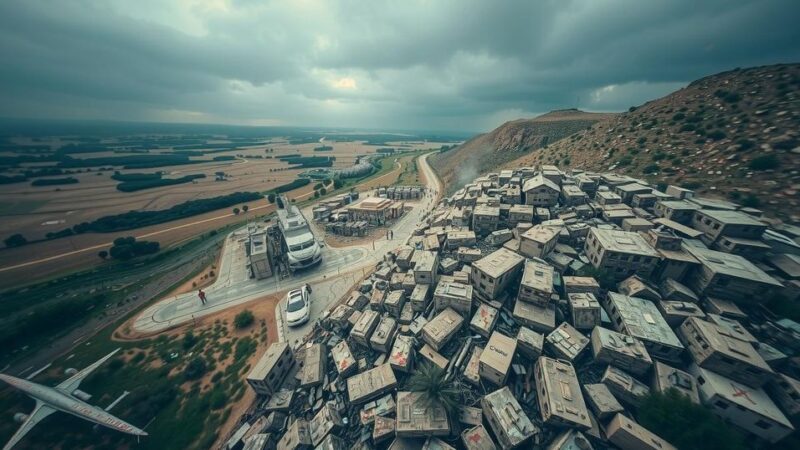Political leaders in Congo and Nicaragua are seeking constitutional reforms that may enhance presidential powers. In Congo, President Tshisekedi’s changes could eliminate the two-term limit, while in Nicaragua, Ortega aims to extend presidential terms and establish his wife’s role as co-president. These moves have raised significant concerns over the erosion of democracy in fragile political environments. Both nations are approaching crucial moments that could influence their democratic futures significantly.
Political leaders in the Democratic Republic of Congo and Nicaragua are pursuing constitutional reforms that critics warn may undermine democratic principles and extend executive power. In Congo, President Félix Tshisekedi has convened a national commission to draft changes to what he deems an outdated constitution, raising concerns among opposition parties, particularly regarding a potential removal of the two-term limit on presidential tenure. In Nicaragua, President Daniel Ortega is proposing significant amendments, including extending presidential terms and establishing a vice presidency that would function as a co-presidency with his wife, thereby consolidating their family’s political influence.
Despite geographic and cultural differences, the movements in these two nations reveal critical similarities: both leaders justify their proposals as efforts to modernize governance and stabilize their nations, while opponents criticize these actions as steps toward authoritarianism. The situation is precarious in each country, with proposed changes sparking fears of escalating political instability and potential civil unrest in Congo and further erosion of dissent in Nicaragua.
To date, international responses remain limited. Although Nicaragua has faced sanctions from Western nations, discussion surrounding Congo’s constitutional changes is only in its initial phase. Both countries stand at pivotal crossroads, and the outcomes of these proposed reforms will significantly influence their democratic landscapes and political futures.
Constitutional legitimacy is vital for democratic stability, yet in recent years, several countries in the global South have seen their leaders attempt to manipulate constitutional frameworks to extend their time in power. This current examination highlights the situations in both the Democratic Republic of Congo, under President Félix Tshisekedi, and Nicaragua, led by President Daniel Ortega. Both leaders have publicly declared the need for constitutional reform; however, opponents argue these changes pose risks to the democratic fabric of their respective nations. The Democratic Republic of Congo has a history of political turmoil, and critics express concern that weakening checks on executive power could exacerbate existing conflicts. Similarly, Nicaragua has witnessed increasing authoritarianism, particularly since political protests in 2018 were met with government repression. Therefore, the proposed constitutional amendments deserve concerted attention due to their implications for democratic governance.
Both the Democratic Republic of Congo and Nicaragua are experiencing significant political changes that raise alarms over the potential erosion of democracy. With President Tshisekedi’s proposed constitutional revisions in Congo and President Ortega’s sweeping reforms in Nicaragua, there is a growing fear that these initiatives could lead to a consolidation of power, further diminishing democratic processes. Both nations are at critical junctures, and the international community’s response may ultimately influence the outcomes of these reform efforts, determining the future health of democracy in these regions.
Original Source: www.firstpost.com




